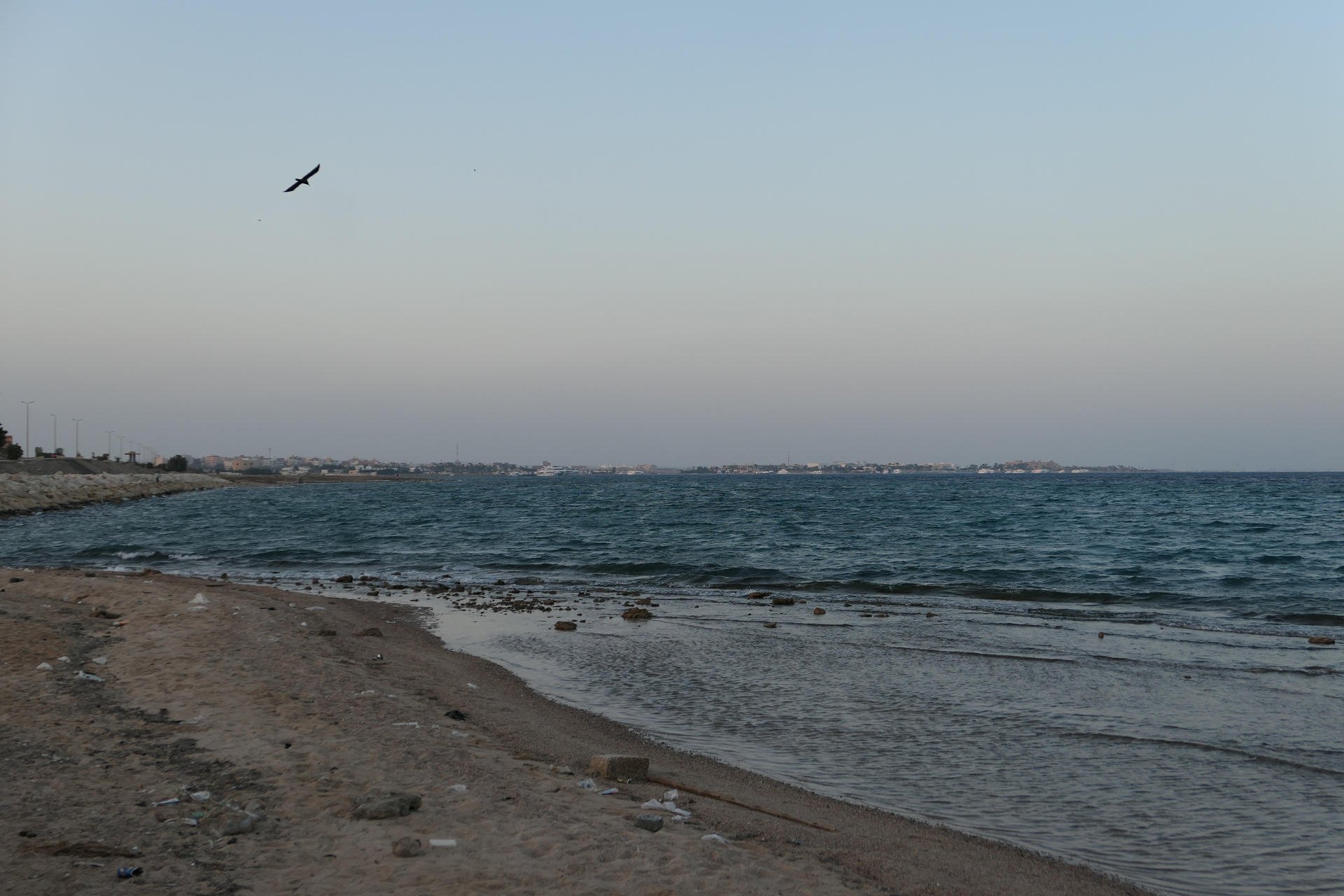Red Sea Conflict: A New Proxy War
Harry Glover | 26 January 2024
Summary
Iran-backed Houthi rebel groups have carried out attacks on shipping vessels in the Red Sea, which sees 12-15% of global shipping passing through on a daily basis.
The US has launched a naval coalition to counter the threat
The conflict is expected to increase both in accordance with the escalation of the Israel-Hamas war and with the continued disruption of global supply chains.
The attacks on cargo ships by the Iran-backed and Hamas-aligned Houthi rebel group, based in Yemen, began in October 2023. The primary aim of the Houthis is to disrupt global supply chains in response to the current Israel-Hamas conflict by indiscriminately targeting commercial vessels in the Bab al-Mandab Strait, which connects the Red Sea to the Gulf of Aden. With 12-15% of global shipping traffic passing through the Red Sea, equating to approximately 50 ships per day, the United States mobilised a US-led naval coalition alongside the UK to counter the threat.
The implications of the crisis are two-fold. Firstly, prices of popular commodities, such as oil and grain, may spike as shipping freights are unable to pass through the region and are either taking longer diversions around the Cape Route or switching to air freight. Secondly, the conflict has the potential to spill over into the Israel-Hamas conflict due to both the proximity and the pledge from the Houthis not to cease their attacks until Israel ends its conflict with Hamas.
abelgalois/DeviantArt
Forecast
Short-term: Commodity prices are not expected to shift in the short term dramatically.
Medium-term: If the Houthis continue their strikes in the medium term, over the course of the next 3 months, the disruption of trade routes will likely force shipping companies to switch their transportation methods. With the cost to fly 1kg of cargo from the Middle East to Europe having risen by 35% in January 2024, energy prices are expected to rise across Europe in the medium term. The US-led naval coalition does not intend to widen its strikes against non-Houthi military bases in Yemen. President Biden has stated that the strikes are demonstrative of an intolerance only toward the rebel group.
Long-term: The conflict is expected to escalate in accordance with the Israel-Hamas conflict. The conflict is also likely to intensify in accordance with the disruption of global supply chains affected by the Houthi strikes.

